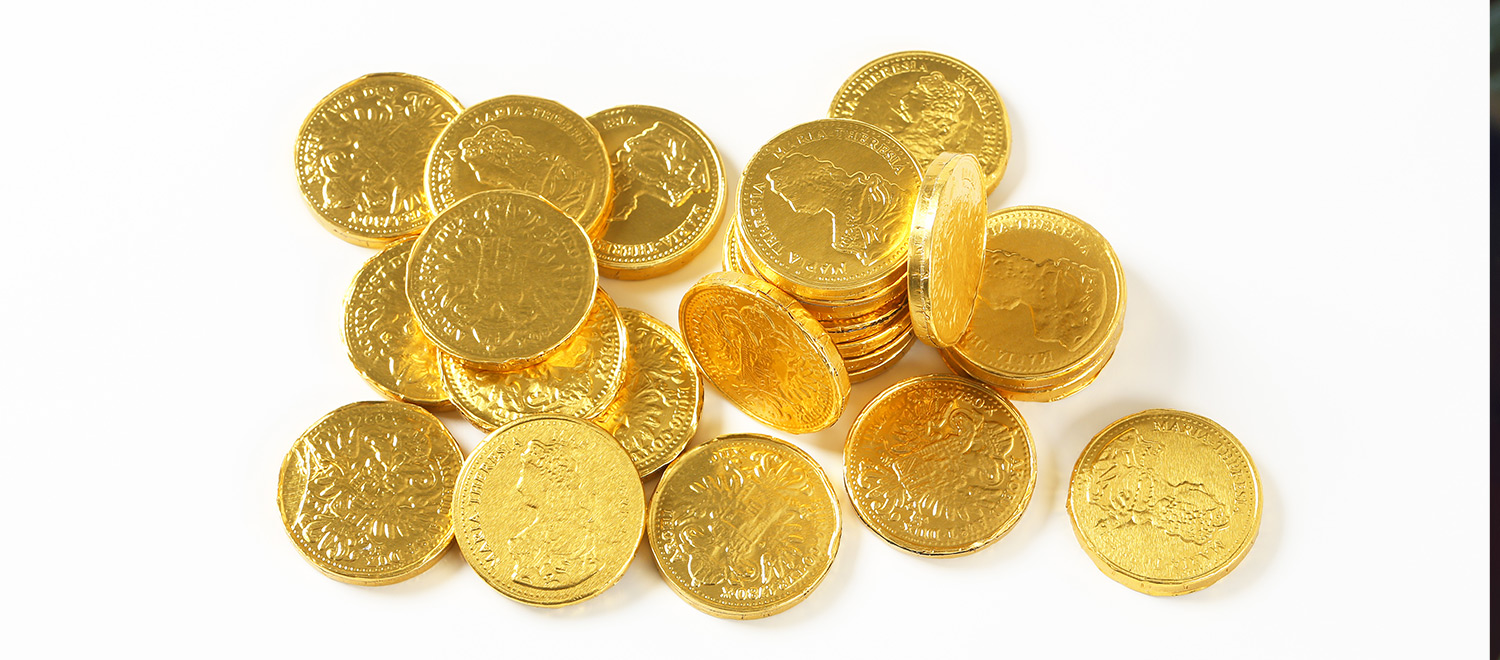In God We Trust. All Others Pay Cash” reads a sign at at the cash register at Thanh Restaurant in Westminster, one of my favorite Vietnamese restaurants. Thanh serves broken rice. The juicy pork chop, tasty fish sauce, served over perfectly steamed broken rice makes a fantastic lunch plate on any given day. But while a plate of delicious broken rice may not cost much, you can’t pay with a credit card.

Thanh Restaurant is not alone in the cash-only game. As many of you have probably experienced first-hand, Asian restaurants are notorious for being “cash only” establishments. Some even have an ATM machine inside (Thanh Restaurant’s ATM is located in the back corner, near the restrooms)! Being “cash only” allows some businesses to save on paying credit card processing fees and maybe even taxes. But that’s not why so many Asian restaurants are cash-only businesses. The reason is both historical and cultural.
Although Thanh Restaurant is located in the United States, its owners are immigrants, who carried with them old-world habits. And in Asian countries, cash is king. China has about five times as much cash in circulation as the United States. In the U.S., you might have one bill-counting machine at a bank, but in China or Vietnam every teller has one. Even in the most Westernized Asian countries, cash is the primary medium of exchange in almost every transaction. In fact, in 2018, 80% of Japanese retail sales were transacted in cash.
Mistrust is one of the biggest contributing factors. Asians just don’t trust governments or banking system. Given historical rates of regime change in Asian countries, you wouldn’t either. Although China and India had some of the earliest banks in the world, centuries of war, political instability, and Western colonization destroyed the banking system and reduced the most vital social commodity required for banking systems to flourish — institutional trust. For example, the 1920s and ’30s were considered a “golden age” for Chinese banking. But that time period immediately preceded WWII. Confronted with imminent war with Japan, the Chinese government took control of over 70 percent of the assets of modern Chinese banks through the notorious banking coup. After WWII, came the Chinese Civil War, followed by a period of rapid nationalization and consolidation. It wasn’t until 1990s and ’00s that Chinese banks began to gain some semblance of autonomy and adopt “western” banking practices, like offering consumer credit transactions. That being said, they’re all still government operated.
Asians’ trust issue goes beyond the credit system. They even doubt their cash! It is understandable given their governments’ willingness to let inflation go wild. For example, during the Chinese Civil War, the two sides attacked each other’s money supply, while printing money to fund the war effort. At its peak, inflation reached 14% per day, causing prices to double every 5 days and 8 hours. So what’s better than a pile of paper money? Why gold, of course! That’s why Indian housewives hold 11% of the world’s gold. That is more than the reserves of the USA, the IMF, Switzerland, and Germany put together. Inflationary monetary policy is also why Vietnamese would much rather burn fake US dollar bills over Vietnamese Dong as joss money. Because even in the afterlife, the Vietnamese Dong might suffer rampant inflation, while American dollars will stay on-track for 1-2% inflation, providing security for their loved ones, even in the great beyond.
At the end of the day, Asians are just more comfortable paying cash upfront. They’ve been taught to be debt-free their entire lives because debt is the ultimate way to “lose face.” In fact, being in debt is one way to get yourself black-listed in China’s new social credit system. That mentality carries across the ocean and into their outlook as Americans. According to Nielsen, Asian Americans are the least likely to hold debt and least likely to have student loans. They also tend to have a much bigger down payment when purchasing big ticket items like a home. For Asians, cash (or better yet, gold) is safety, freedom, and peace of mind.
So next time you visit an Asian restaurant and find that its a cash only establishment, pat yourself on the back. Not accepting credit is usually the first indication it is the real deal.







